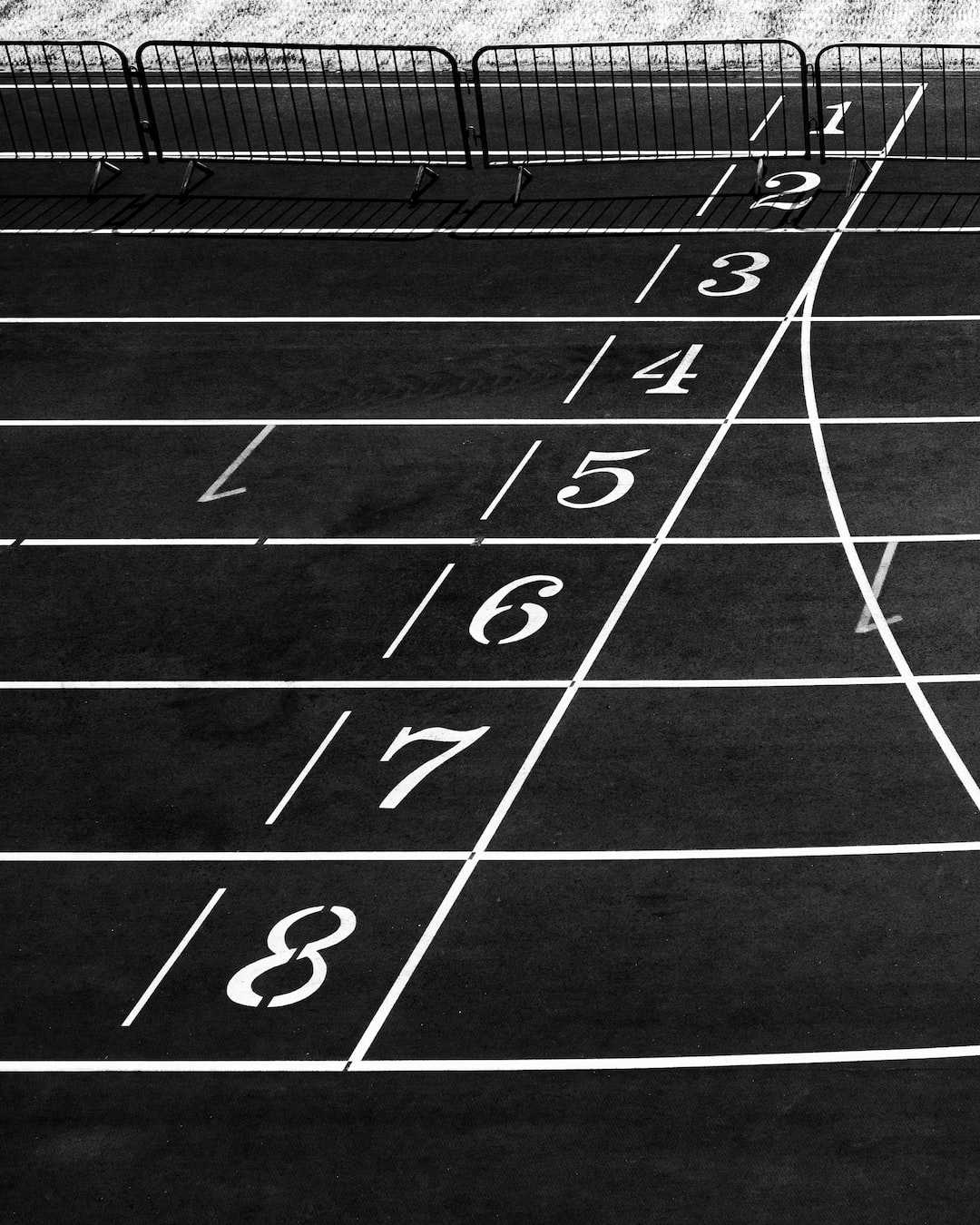How to Overcome Fear and Nervousness in Sports
Participating in sports can be an exciting and rewarding experience. However, many athletes experience fear and nervousness before and during competitions. Whether it is stage fright, fear of failure, or performance anxiety, these emotions can have a detrimental impact on an athlete’s performance. It is essential to learn how to overcome and manage these fears to achieve success in sports.
Acknowledge and Understand Your Fear
The first step in overcoming fear and nervousness in sports is to acknowledge and understand the root cause of these emotions. It is normal to experience fear before a competition because of the high-stakes nature of sports. However, if fear becomes overwhelming and starts to interfere with your performance, it is important to identify the underlying reasons behind it.
Talk to your coach or a sports psychologist who can help you explore the reasons for your fear. It could be a fear of failure, fear of judgment from teammates or coaches, or even fear of physical injury. Understanding the cause of your fear will enable you to devise effective strategies to overcome it.
Visualization and Positive Self-Talk
Visualization is a powerful technique used by top athletes to overcome fear and nervousness. Close your eyes, take a few deep breaths, and imagine yourself performing successfully in your sport. Visualize yourself executing the skills flawlessly, feeling confident, and achieving your goals.
Additionally, incorporating positive self-talk can help combat fear and maintain motivation. Replace negative thoughts like “I’m going to fail” with positive affirmations like “I am prepared, I am capable, and I can achieve greatness.” Repeat these affirmations before and during competitions. It will help you build self-confidence and reduce anxiety.
Focus on the Process, Not the Outcome
Fear often arises from a fixation on the outcome rather than the process. Instead of worrying about winning or losing, focus on the tasks and steps required to perform well. Break down your performance into smaller, manageable goals that you can focus on during practice and competition.
For example, if you are a basketball player, instead of fixating on winning the game, focus on executing good passes, making accurate shots, and playing solid defense. By focusing on the process, you shift your attention away from the fear of failure. This approach will not only improve your performance but also reduce anxiety.
Controlled Breathing and Relaxation Techniques
Fear and nervousness often manifest physically, causing increased heart rate, shallow breathing, and tense muscles. Employing controlled breathing and relaxation techniques can help calm your body and mind.
Practice deep breathing exercises regularly. Breathe in deeply through your nose, filling your lungs, and then exhale slowly through your mouth. This technique helps regulate your heart rate and relaxes your muscles. Before competitions, take a moment to breathe deeply and relax your body. It will reduce anxiety and promote a more focused and composed state.
Moreover, incorporating relaxation techniques such as progressive muscle relaxation or guided imagery can be beneficial. These techniques can alleviate stress and create a sense of calmness before competing.
Develop a Routine
Developing a pre-competition routine can help alleviate fear and nervousness. The routine should be comprised of activities that help you feel comfortable, focused, and prepared. Engage in activities that promote relaxation, such as listening to music or visualization exercises, before your competition.
Having a routine instills a sense of control and familiarity, reducing anxiety. Stick to your routine consistently, as it will become your go-to method for calming nerves and achieving optimal performance.
Seek support
Finally, do not hesitate to seek support from your coach, teammates, or even a sports psychologist. Sharing your fears and concerns can alleviate the burden and provide you with guidance. Your coach and teammates can offer support, guidance, and encouragement, while a sports psychologist can provide you with additional techniques and strategies to manage fear and nervousness effectively.
In conclusion, fear and nervousness are common experiences in sports. However, allowing these emotions to control your performance can impede success. By acknowledging and understanding your fear, visualizing success, focusing on the process, incorporating relaxation techniques, and seeking support, you can efficiently overcome fear and nervousness in sports. Remember that overcoming fear is a journey, and with practice and perseverance, your confidence and performance will improve.

